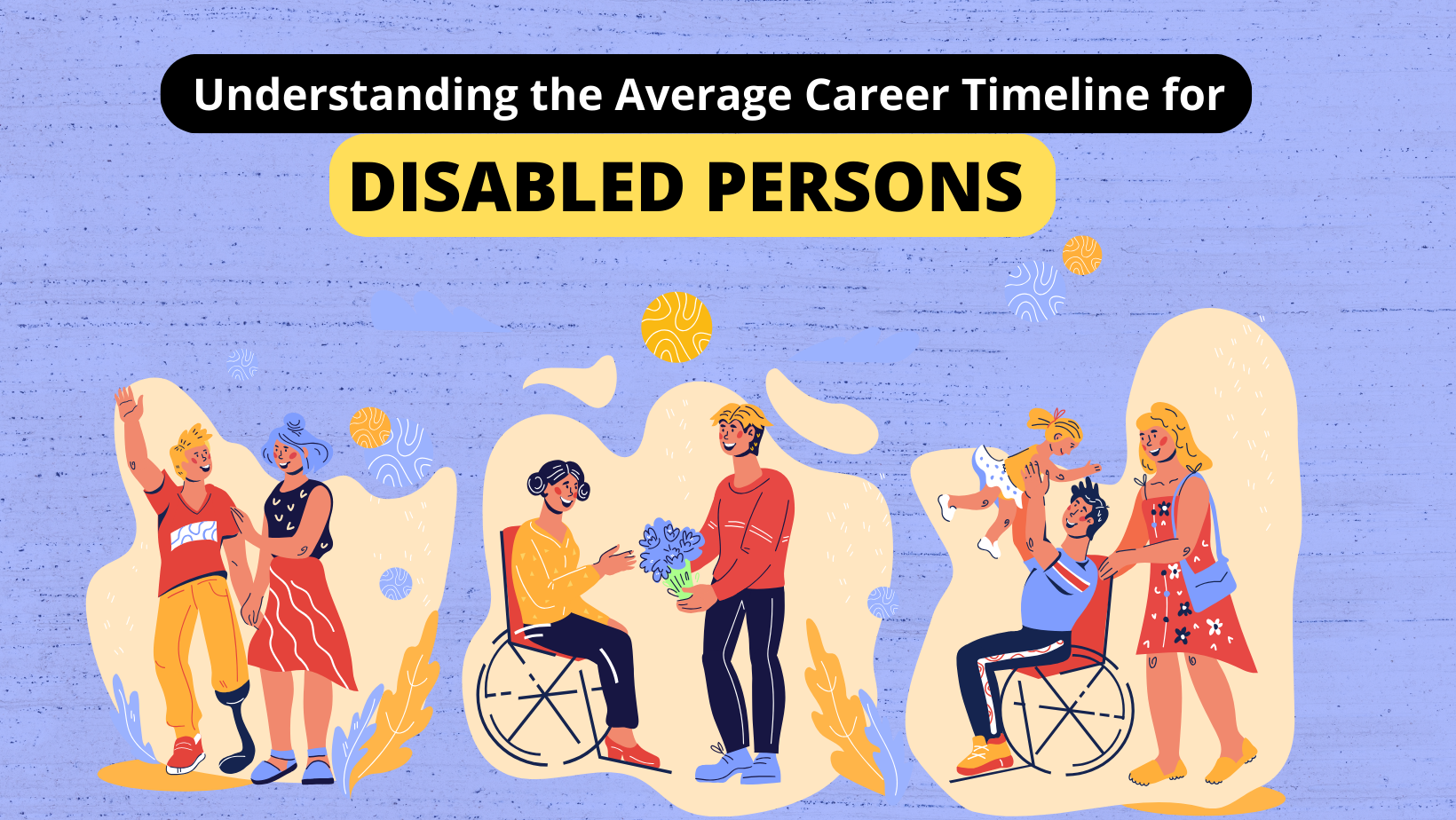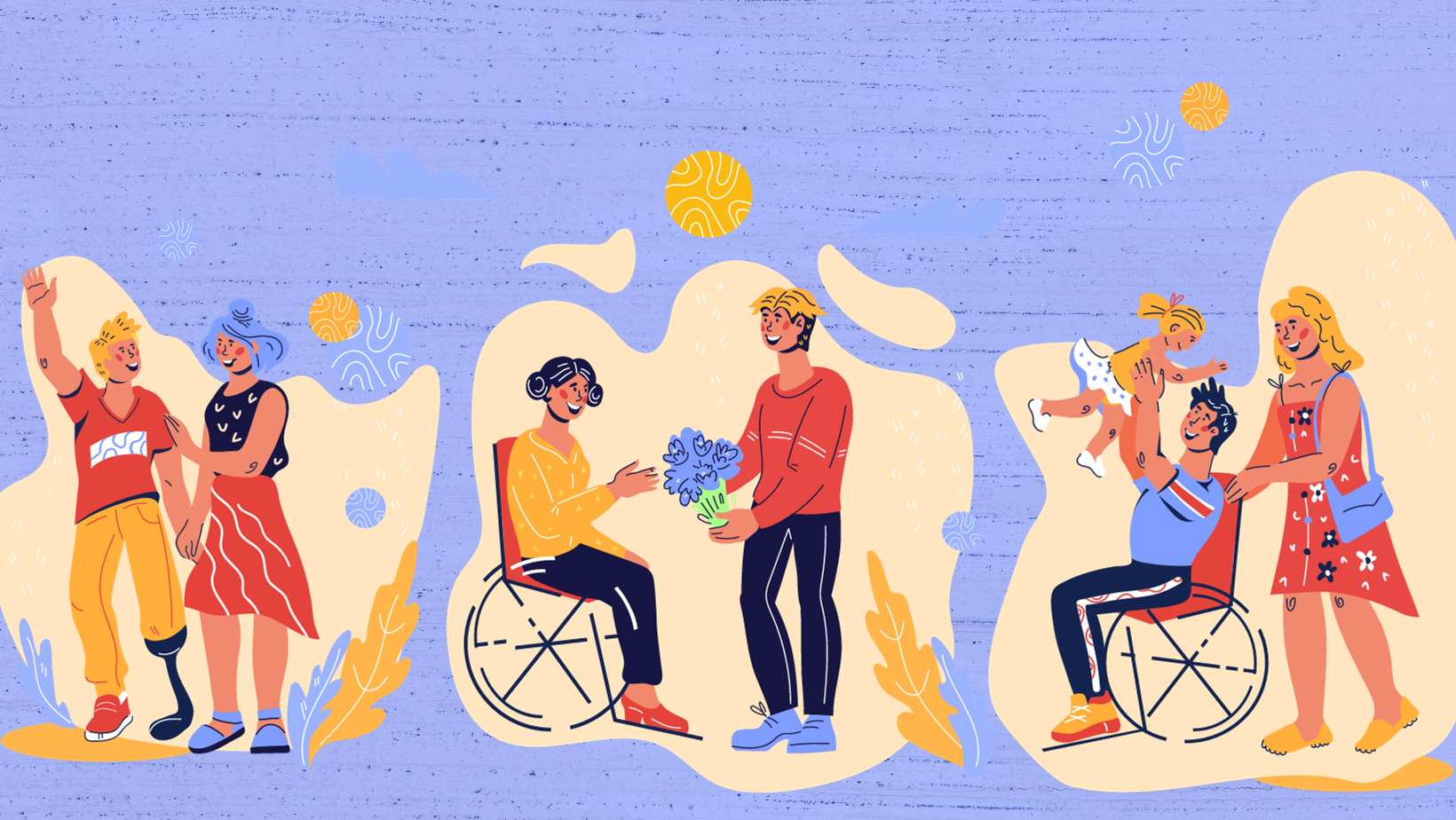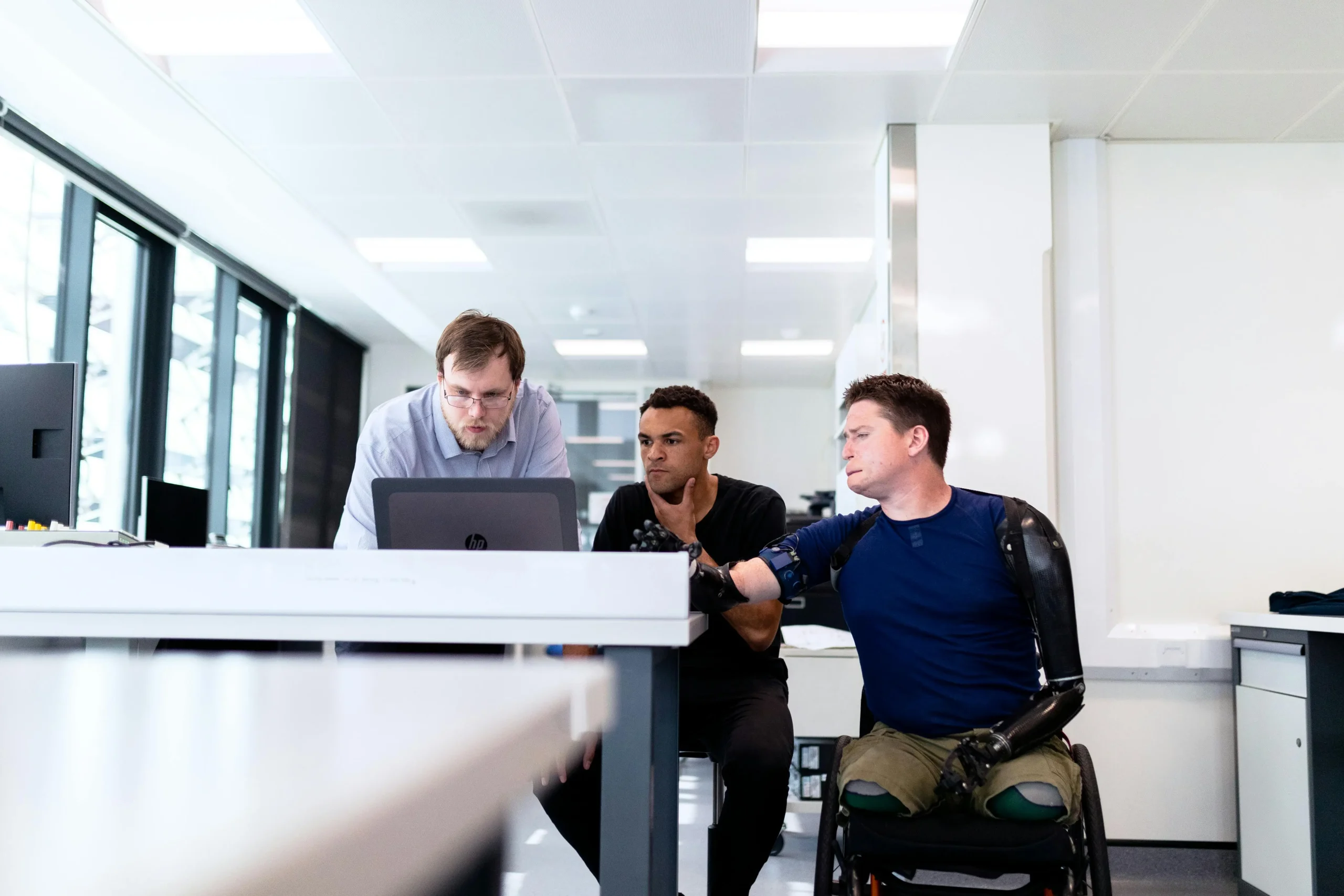Understanding the Average Career Timeline for Disabled Persons

In today’s world, diversity and inclusivity are taking center stage in workplaces across the globe. Employers are increasingly recognizing the value of a diverse workforce, which includes individuals with disabilities. Understanding the career timeline for disabled persons is essential for creating an inclusive work environment and supporting the professional growth of this group. In this article, we’ll delve into the unique challenges and achievements that mark the career journeys of disabled individuals.
The Initial Steps: Education and Skill Development
Access to Quality Education
One of the first steps in the career timeline for disabled persons is gaining access to quality education. Many disabled individuals face barriers in accessing education, ranging from physical limitations to a lack of inclusive learning materials.
For disabled persons seeking to advance their careers, access to quality education is essential. Unfortunately, many disabled individuals face significant barriers when trying to access education. These can range from physical limitations due to disabilities or poor accessibility of educational materials.
More and more schools are taking steps to make education more inclusive for students with disabilities. This includes providing assistive technology, offering accommodations for testing, and making classrooms more accessible. Additionally, schools are introducing curricula that better accommodate students with disabilities and are providing materials that make learning easier to understand.
Skill Development
During their educational journey, disabled individuals often focus on skill development. This includes both academic skills and soft skills, such as communication and problem-solving, which are crucial for their future careers.
Entry into the Workforce
Job Search Challenges
Entering the workforce can be particularly challenging for disabled individuals. They often encounter discrimination during the job search process, making it harder to secure employment opportunities.
For disabled individuals, it is essential to develop their skills not only for academic purposes but also for their future professional lives. Soft skills such as communication, problem-solving and teamwork are key for displaying the best of themselves in a workplace environment.
Providing disabled people with job training on these soft skills can help them better express their potential. This can be done through workshops, seminars and online courses that focus on the development of specific abilities.
Workplace Accommodations
Upon securing a job, disabled individuals may require workplace accommodations to perform their tasks effectively. These accommodations can include assistive technologies, modified workspaces, and flexible schedules.
All disabled individuals have the right to be accommodated with the necessary resources needed to perform their job duties. Employers should develop a plan for workplace accommodations and make it accessible to any applicants or current employees who may need it. This should include identifying potential assistive technologies, as well as providing modified workspaces and flexible schedules that meet the needs of disabled individuals.
Career Progression
Building a Professional Reputation
Building a professional reputation is vital for career progression. Disabled individuals, like anyone else, must demonstrate their competence and dedication to advance in their careers. Having a professional reputation is essential for career progression. Disabled individuals, just like anyone else, must demonstrate their capabilities and commitment to get ahead in their careers. One way disabled people can do this is by devoting time and energy to developing a personal brand that accurately reflects who they are. Establishing a powerful yet authentic brand voice can help them stand out from the crowd and move forward in their professional lives.
By defining and actively managing one’s brand voice, disabled people can better control the way others perceive them. This includes showcasing their unique talents, experiences, and skills that set them apart from the competition. It also involves developing a consistent online presence with well-crafted content to ensure they stand out from their peers.
Overcoming Stereotypes
Disabled individuals often face stereotypes and misconceptions about their abilities. Overcoming these stereotypes and biases is a significant milestone in their career timeline. Disabled individuals often face many stereotypes and misconceptions about their abilities. To build a more inclusive workplace, employers must take active steps to reduce these kinds of biases. Providing access to specialized resources, such as job coaching and training opportunities specifically designed for disabled workers, is a great place to start.
Companies should strive to create an environment where disabled employees can openly discuss their unique perspectives and experiences. This encourages a more open dialogue about disability in the workplace, allowing for more informed decision-making. By creating an atmosphere of respect and inclusion, employers can help to create positive change for disabled individuals within their organization.

Navigating Challenges
Dealing with Health Fluctuations
For many disabled individuals, health conditions can fluctuate, leading to periodic disruptions in their work. Learning to manage these challenges is a crucial aspect of their career journey. We understand that health conditions can be unpredictable for some individuals living with disabilities, resulting in disruptions to their work. However, it is important to stay resilient and find ways to manage these challenges. There are many ways to do this – some strategies include creating a job-flexibility plan or connecting with support networks of other disabled individuals. Whatever the approach, employers should strive to
acknowledge the difficulties that their employees may face and provide them with the appropriate resources to manage these issues. Working together, employers and disabled individuals can make a real difference in creating an inclusive workplace for those who need it most.
Seeking Support and Advocacy
Navigating workplace challenges can be difficult, especially when faced with discrimination or unfair treatment. Employees need to understand their rights and feel empowered to take action should they need to. Seeking support from advocacy groups or legal channels can provide guidance in such situations and help employees seek justice. Knowing where and how to access these resources is important for anyone facing workplace difficulties. They may consider
- Contacting a legal aid service to get advice or representation
- Speaking with an employment lawyer for advice in complex situations
- Utilizing online resources, such as the US Equal Employment Opportunity Commission (EEOC), to learn more about their rights and how to file complaints
- Reaching out to a support group related to their specific issue for additional guidance
No one should feel helpless in the face of workplace injustice. By understanding their rights and having access to resources, employees can gain the confidence and support they need to tackle whatever challenges arise. With the right allies on their side, employees can stand up for themselves and ensure a fair working environment.
Achieving Milestones
Promotions and Advancements
Disabled persons, like any other professionals, strive for promotions and advancements in their careers. Recognizing their achievements and providing equal opportunities is vital. Discrimination against people with disabilities in the workplace remains a problem, and it often hinders them from advancing in their career paths. It’s important for organizations to provide an equal playing field for disabled workers so they can reach their full potential.
Companies should put measures into place that foster inclusive environments and recognize the accomplishments of employees who are disabled through rewards such as performance bonuses, promotions and recognition awards. This is the only way to ensure equal opportunities for everyone in the workplace.
Becoming Role Models
Some disabled individuals become role models and advocates for others facing similar challenges. They play a pivotal role in inspiring and guiding the next generation. These role models are true advocates for disabled people, and their stories can be incredibly inspiring. Their courage in the face of adversity often serves as a reminder that anything is possible for those who persevere. For instance, Steven Hawking was a renowned British physicist whose physical disability was no match for his brilliant mind.
He showed others that even when faced with seemingly insurmountable obstacles, it is possible to continue pursuing one’s passion. Similarly, Paralympian athletes such as Tatyana McFadden and Sarah Reinertsen demonstrate strength and courage. Despite their physical limitations, they achieved incredible success through determination and hard work.
The Importance of Inclusivity
Creating Inclusive Work Environments
Employers play a critical role in shaping the career timeline for disabled persons. Creating inclusive work environments fosters diversity and enables individuals with disabilities to thrive. Employers have a unique and important opportunity to foster greater inclusion, acceptance, and diversity in the workplace. By creating an inclusive environment that acknowledges and celebrates the skills, talents, and experiences of individuals with disabilities, employers can create an environment of mutual respect and understanding for everyone.
Employers need to recognize that disabled persons are capable of living meaningful lives when given equitable access to career opportunities. Employers can facilitate this process by providing reasonable accommodations, flexible work schedules, and educational resources to help facilitate a successful career trajectory for disabled persons.
Mentorship and Support
Mentorship programs and support networks within organizations can significantly impact the career trajectory of disabled employees. Mentorship programs and support networks are invaluable resources for disabled employees in any organization. They provide a safe place to share experiences, receive advice, and build support systems to help navigate the workplace. Mentors can offer meaningful guidance and insight into how to reach goals, identify resources, and cultivate relationships within the organization.
Support networks can also provide a sense of community and connection for disabled employees. They can be a source of comfort, offering support and understanding that may not be found elsewhere in the workplace. By creating an open dialogue between members, these networks foster greater collaboration, creativity, and innovation within the organization.
Conclusion
Understanding the average career timeline for disabled persons is essential for promoting inclusivity and diversity in the workforce. Disabled individuals face unique challenges and milestones throughout their professional journeys. By fostering inclusivity, providing support, and recognizing their achievements, organizations can contribute to a more equitable and diverse workplace.













